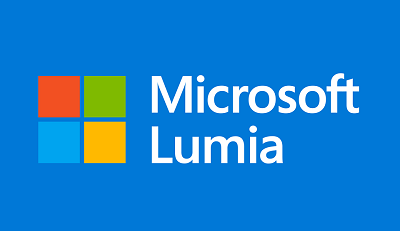The smartphone market has changed a lot since the reign of BlackBerry, Symbian, and Windows Mobile. Today, all that is important is a big display and the horsepower under the hood. However, some us would prefer if the physical keyboard would return from the grave.

Not to say there are not benefits to a smartphone without a physical keyboard because they are. One key advantage is the ability to create smartphones that are not heavy. These handsets are usually thin and have a sleek look to them.
Still, it should be noted that sleekness and thinness shouldn’t be the main reasons behind the creation of a smartphone. Usability is one them, and while devices makers and the companies behind the operating systems have been doing a stellar job in that regard, the omission of the physical keyboard is a huge misstep.
On-screen keyboards are not as impressive as physical keyboards, at least for me. I remember the last time using a handset with a physical keyboard, and I could type with my eyes closed without making a single mistake. That was because my fingers memorized the feel of the keys and their position. This is not possible with an on-screen keyboard.
It is safe to say the industry has taken a step backwards while continuing the attempt of improving something inferior.
At the moment, BlackBerry is the only company that still sees value in the physical keyboard. In many ways, Microsoft should also do the same with future devices because there is a market out there if the design of the phone is just right.
Now, adding a physical keyboard and selling the handset like that will lead to a heavier than normal smartphone. It is clear that we’ve become so spoiled that if a device is heavier than another, then it is not good enough. Look at the reviews of the old Nokia flagship Lumia handsets for example.
Many were criticized for being too heavy, despite knowing that the material used made for a sturdier handset; one that will not break easily.
For Microsoft to combat this issue, we suggest designing a smartphone with a keyboard add-on. Similar to how the Surface Pro 4 works, a future smartphone from Microsoft should operate in similar fashion.
In that way, Microsoft would be giving consumers a choice. Do you want a traditional black slab? Or, do you want a traditional black slab along with a physical keyboard? The choice is yours.
Unfortunately, that might never happen, and we Windows fans will be left with, is the black slab.
Your views?
It sounds a good idea for me. I still miss by TouchPro 2.